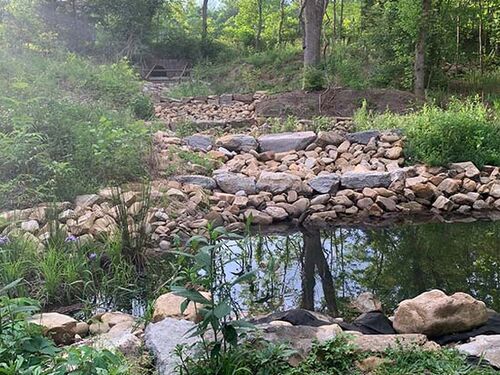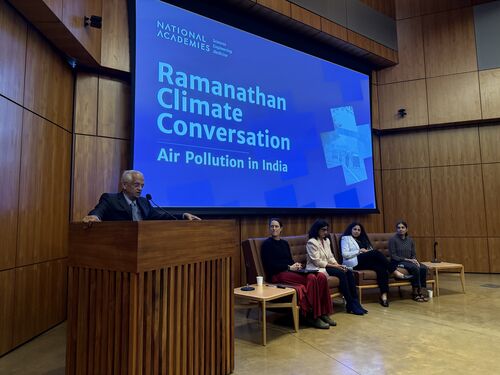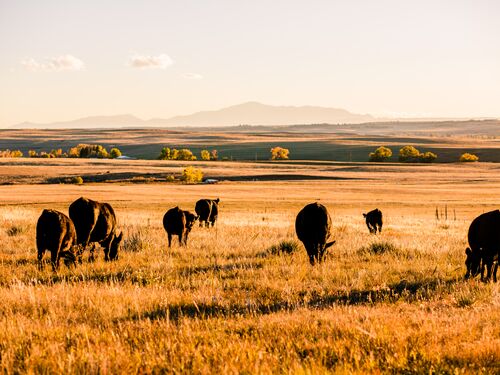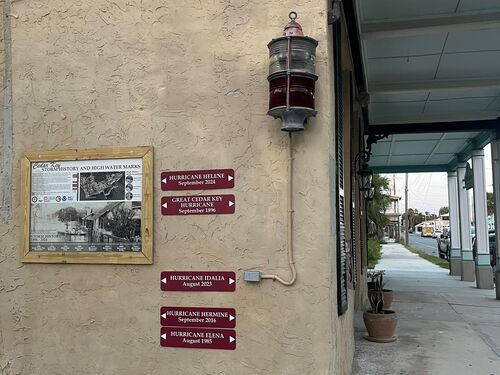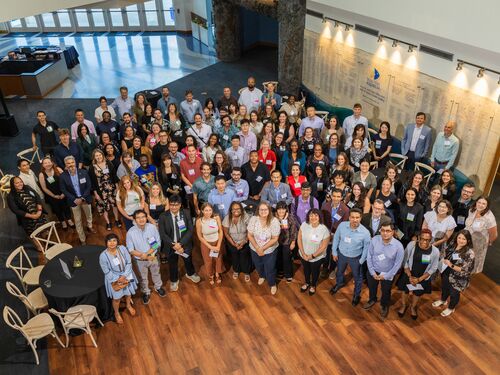Fellow Spotlight: Engineering Success with the GRP’s Science Policy Fellowship
Program News
By Maryann Terrana
Last update December 9, 2024
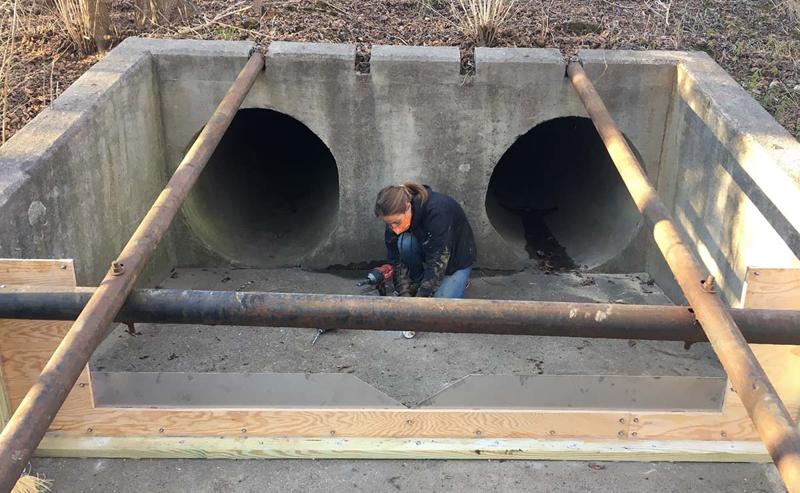

Tell us about your background and what led to your participation as a Science Policy Fellow. How did you hear about the program and decide to apply?
Gillian Palino: I've grown up along the Gulf Coast my entire life. I was born and raised just south of Tampa, Florida, and so this intersection of applied research for the benefit of the Gulf Coast really appeals to me.
I heard about the Science Policy Fellowship from one of my mentors at Mississippi State University during the first year of my Ph.D. program. I asked my advisor, “can I do this? Can I take a year off?” And he said, “no, you will be too busy with coursework and field work.” But every subsequent year I would ask him, “do you think now is the time?”
Two years ago, I pitched it to him again. I was at the end of my field work. My classwork was done, and I was nearing graduation, and he finally gave me the green light. It was so exciting to finally go after the fellowship experience, and then to be selected, it put me on cloud nine to achieve something that I had kept my eye on, and thought would align especially well with my interests.
Can you tell us a little bit about your fellowship experience? What did you do at the Tampa Bay Regional Planning Council?
Gillian Palino: As far as my fellowship experience, I had the opportunity to work on a variety of different projects. I was connected with Pasco County's Department of Public Works and was able to provide feedback on final engineering stormwater reports, aid in preliminary scoping of project concepts, which included GIS outlines, and develop community listening session materials. I also had the opportunity to write several articles for the TBRPC environmental news journal, Bay Soundings.
I felt very fortunate to be surrounded by passionate people all working towards making the region a better place and creating sustainable initiatives for a healthy future. My mentor at TBRPC brought so many ideas and flexibility to my position, so I was always working on projects aligned with my professional development. Our mentorship relationship has evolved into a genuine friendship that has extended past the fellowship experience.
What was your cohort of fellows like?
Gillian Palino: This cohort is so inspiring. They are some of the most detail-oriented, creative thinkers and researchers that I've ever met. Anytime we're together, I leave the conversation feeling revitalized and ready to work because they are truly making waves. I'm so excited to see where they all end up! We already have plans to continue meeting, and we are looking forward to seeing one another at the reunion celebrating 10 years of GRP fellowships in D.C. this coming October.
It’s wonderful to hear that your connections will extend beyond the formal year of the fellowship. Besides these personal connections, what are your biggest takeaways from your GRP Fellowship?
Gillian Palino: One of the biggest things I took away from my fellowship is that I've just begun to scratch the surface of the topic of co-production and understand what needs to take place in the very early stages of a project’s design and development to incorporate multiple viewpoints and priorities. My fellowship taught me that when you achieve community buy-in and trust, the odds of success of the project are likely to increase.
Another more tangible takeaway from my fellowship was the completion of my professional engineering exam. I was able to use the professional development funds from my fellowship to take the exam. This lifelong credential is something that I wanted to accomplish in my career, and I was very grateful to be able to complete it concurrently with my fellowship.
What about your upcoming role as an Assistant Professor in Agricultural and Biosystems Engineering for Coastal Restoration and Resiliency at Mississippi State University are you looking forward to the most?
Gillian Palino: I'm very excited to submit my first grant proposal and enjoy the momentum of creating my own research lab. I'm excited about the idea of pursuing research projects that are totally my own and answering questions that I've thought about as a graduate student. Ultimately, I’m going to enjoy the freedom to be able to explore and develop my own ideas.
More like this
Events
Right Now & Next Up
Stay in the loop with can’t-miss sessions, live events, and activities happening over the next two days.
NAS Building Guided Tours Available!
Participate in a one-hour guided tour of the historic National Academy of Sciences building, highlighting its distinctive architecture, renowned artwork, and the intersection of art, science, and culture.
